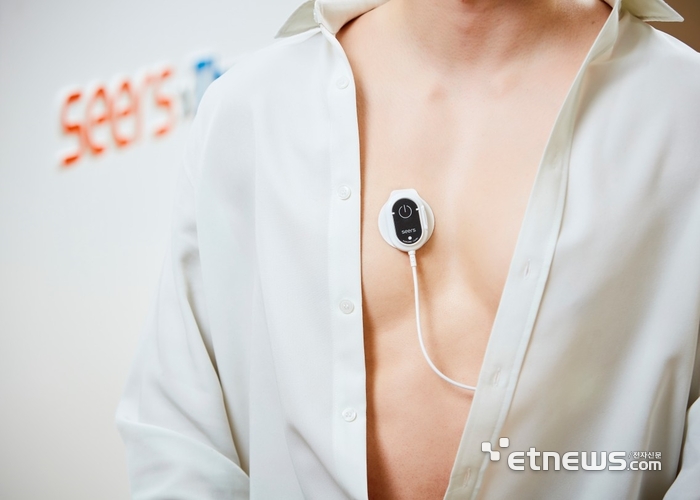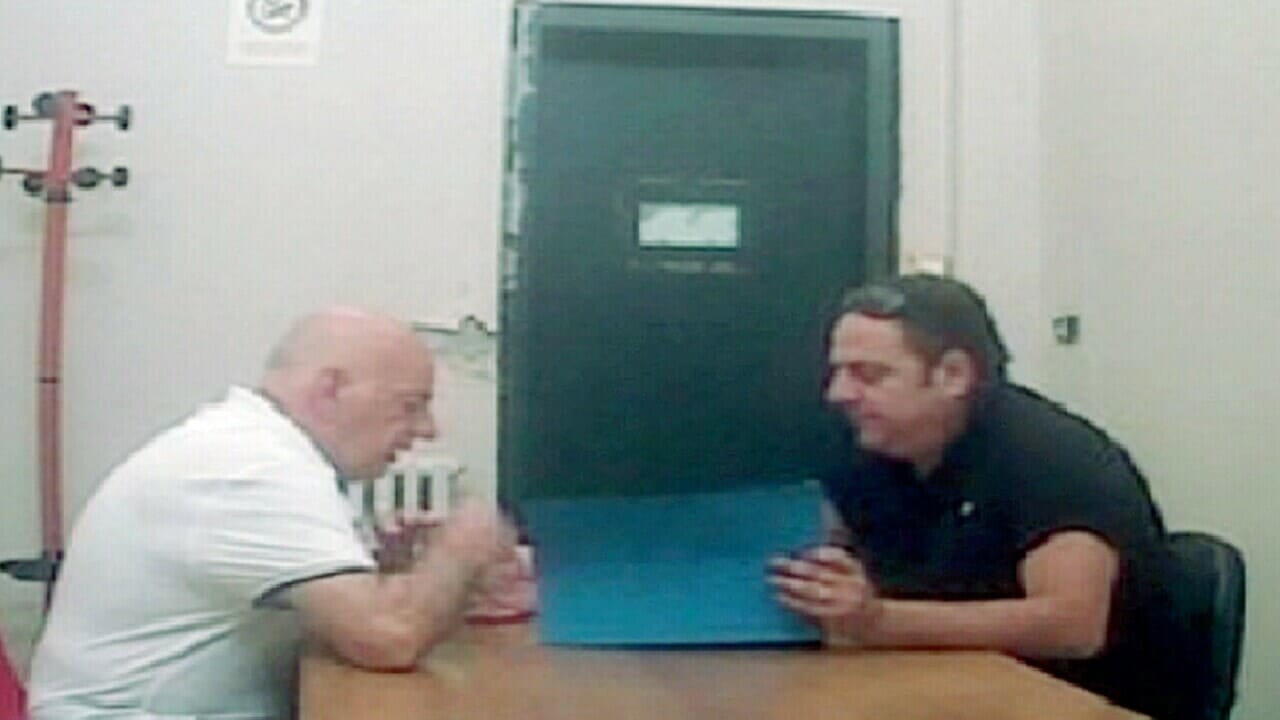With approximately 300 million people suffering from depression globally, research continues to seek increasingly effective solutions to combat this disabling disease. Among the most promising therapeutic innovations, transcranial magnetic stimulation (TMS) is emerging as a viable option for the treatment of drug-resistant depression and substance addictions. This non-invasive neuromodulation technique uses the power of a magnetic field to stimulate or inhibit specific areas of the brain, without the need for drugs.
The effectiveness of TMS is now well documented by numerous medical studies: it is estimated that the technique has an effectiveness ranging between 50 and 80% of cases of drug-resistant depression, while for cocaine addiction, some studies have shown a reduction in consumption of up to 69%. An opportunity to learn more about the use of this therapy comes directly from the Department of Neuroscience and Mental Health of the Molinette Hospital in Turin, where the Non-Invasive Neuromodulation Center, coordinated by Dr. Gianluca Isoardo and is located in the Department of Neuroscience and Health mental, directed by Dr. Vincenzo Villari.
Transcranial magnetic stimulation is performed through the repeated delivery of small magnetic pulses that stimulate the underlying brain tissue, activating areas of the brain linked to emotions and behavior. It is a non-invasive treatment, therefore completely painless, which does not require any surgical intervention and has no significant side effects. Furthermore, TMS can be combined with drugs already taken by the patient, making it a complementary and not alternative therapy. A further field of application concerns addictions to narcotic substances, such as cocaine. In this case, TMS showed a significant reduction in craving, i.e. the uncontrollable desire to take the substance.
However, as Isoardo underlines, “TMS cannot replace the patient’s motivation, but it is a tool that can support the recovery process, provided that the person is motivated to change”. Each cycle of TMS varies based on the patient’s clinical condition, but generally lasts 3 to 5 weeks, with daily sessions at the beginning. “The first few weeks are essential to evaluate the patient’s response to therapy”, explains Isoardo. The treatment, which does not require hospitalization, takes place in an outpatient clinic and does not involve any pain, with practically non-existent side effects.
To access treatment, a prescription from your doctor (psychiatrist or neurologist) is required. Subsequently, the neuromodulation center will carry out a direct evaluation of the patient and, if suitable, the course of treatments will be started. Currently, TMS is still a relatively uncommon therapy in Italy, with few public facilities offering this type of treatment, although affiliated clinics are increasing.
As Isoardo states: “In our center in Turin, which is one of the most advanced structures, there is not yet a waiting list, but several patients have already requested treatment”. While not a “miracle cure,” TMS offers new treatment opportunities, with a favorable safety profile and results that, for many, are decidedly encouraging. The machinery used for the therapy was donated by the Molinette Research Foundation which in turn received the funds from the Negri Rolfo family.


